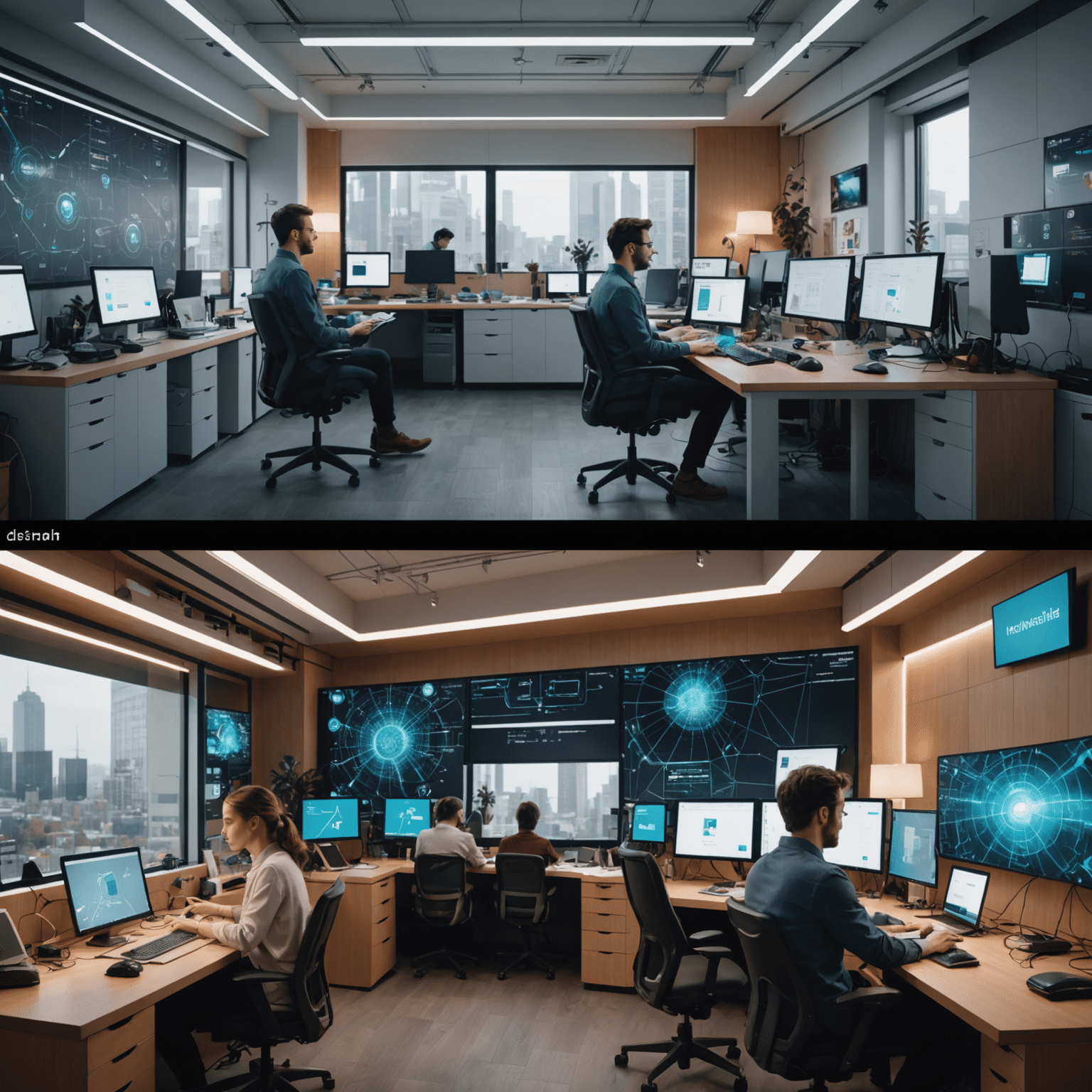AI-Powered Personal Assistants: Revolutionizing Our Daily Lives

In the rapidly evolving landscape of technology, AI-powered personal assistants are at the forefront of transforming how we interact with our devices and manage our daily tasks. These intelligent systems are becoming increasingly sophisticated, offering a glimpse into the future of human-computer interaction.
The Rise of AI Assistants
Artificial Intelligence has made significant strides in recent years, and nowhere is this more evident than in the realm of personal assistants. From smartphones to smart home devices, AI assistants are becoming ubiquitous, offering voice-activated support for a wide range of tasks.
Capabilities and Features
Modern AI assistants can perform an impressive array of functions:
- Voice recognition and natural language processing
- Scheduling and calendar management
- Smart home control
- Personalized recommendations
- Real-time information retrieval
Impact on Daily Life
The integration of AI assistants into our daily routines has led to increased efficiency and convenience. Tasks that once required manual input or multiple steps can now be accomplished with simple voice commands. This technology is particularly beneficial for individuals with disabilities, offering new levels of independence and accessibility.

The Future of AI Assistants
As AI technology continues to advance, we can expect personal assistants to become even more intuitive and capable. Future developments may include:
- Enhanced emotional intelligence and empathy
- More seamless integration with IoT devices
- Advanced predictive capabilities
- Improved security and privacy features
Ethical Considerations
While the benefits of AI assistants are clear, it's crucial to address the ethical implications of this technology. Privacy concerns, data security, and the potential for over-reliance on AI systems are all important factors to consider as we move towards a more AI-integrated future.
Conclusion
AI-powered personal assistants represent a significant leap forward in how we interact with technology. As these systems become more advanced and integrated into our lives, they have the potential to dramatically enhance our productivity, accessibility, and overall quality of life. However, it's important to approach this technology with a balanced perspective, embracing its benefits while remaining mindful of its limitations and potential drawbacks.
As we look to the future, it's clear that AI assistants will play an increasingly central role in our daily lives, shaping how we work, communicate, and interact with the world around us. The key will be to harness this technology in ways that truly enhance human capabilities rather than replace them, creating a symbiotic relationship between humans and AI that propels us into a more efficient and connected future.